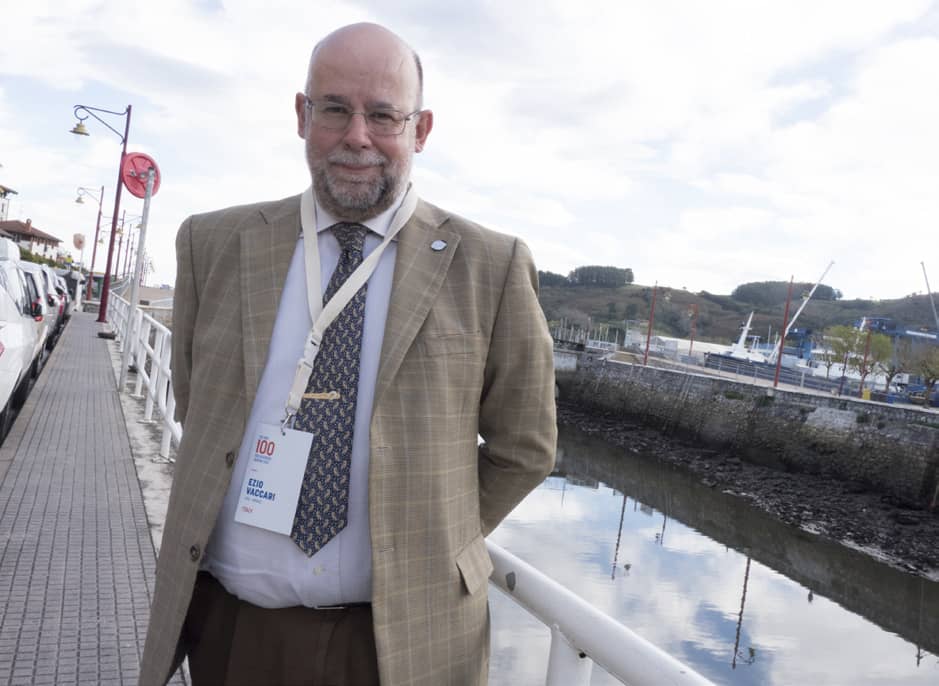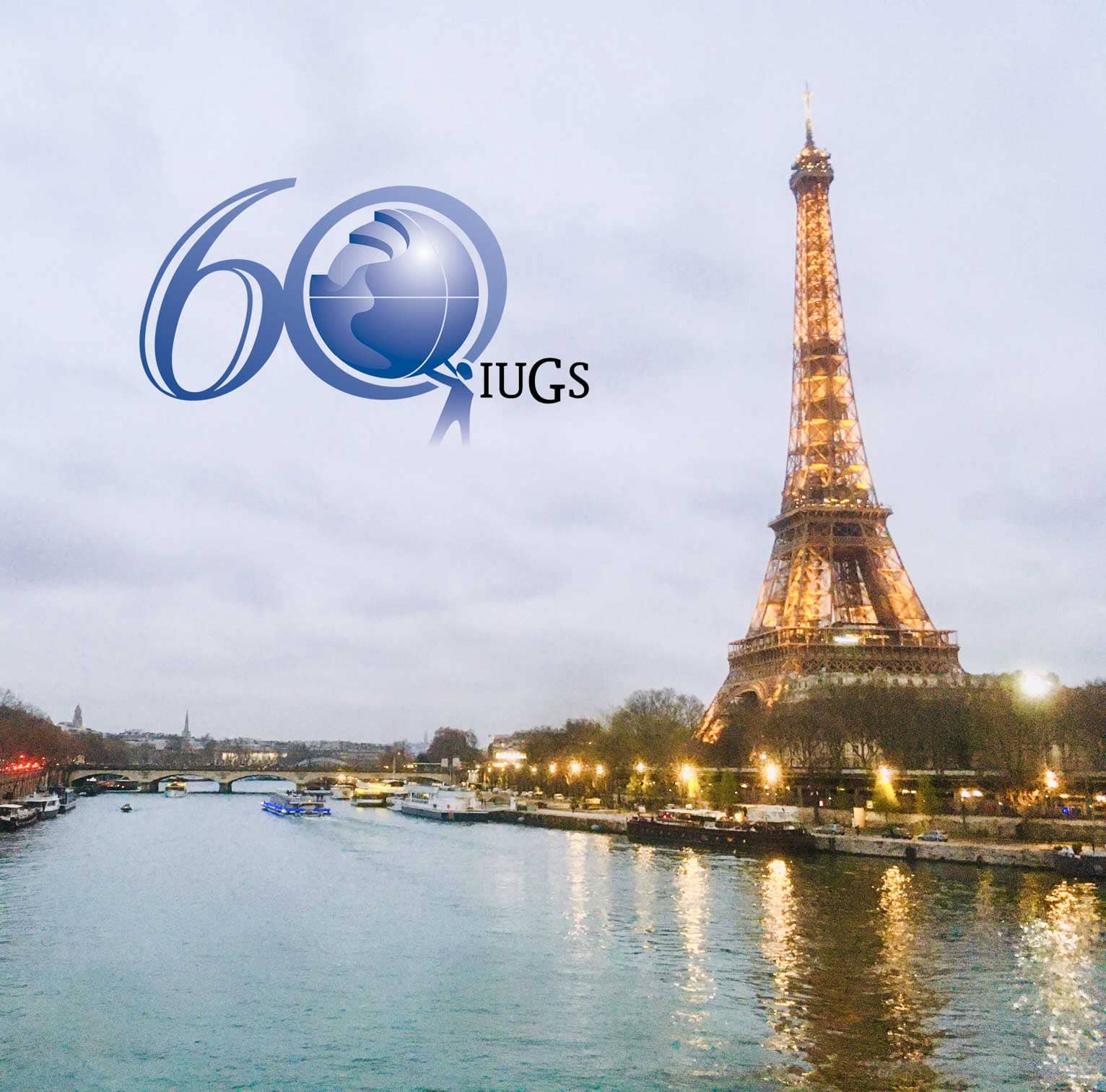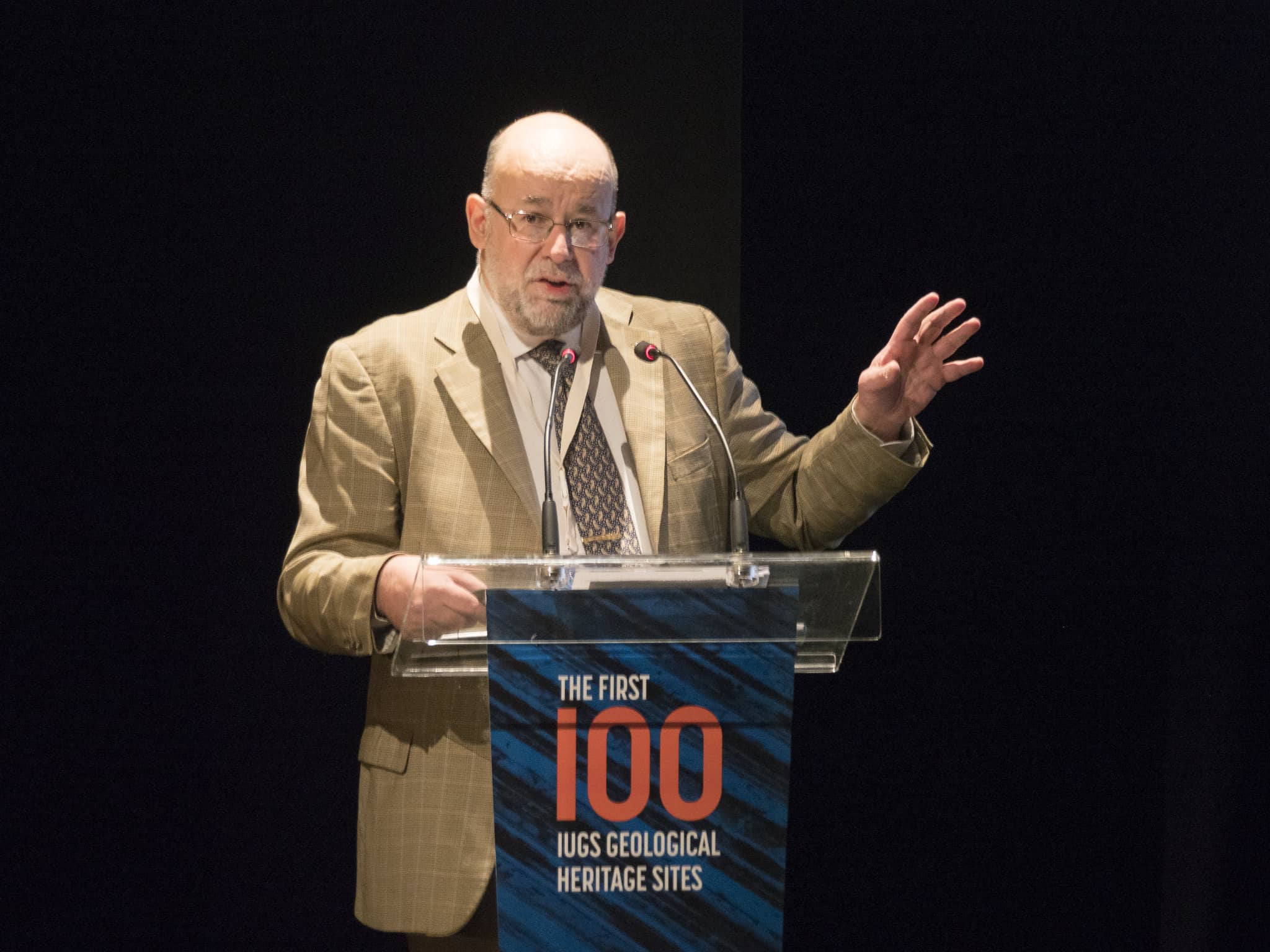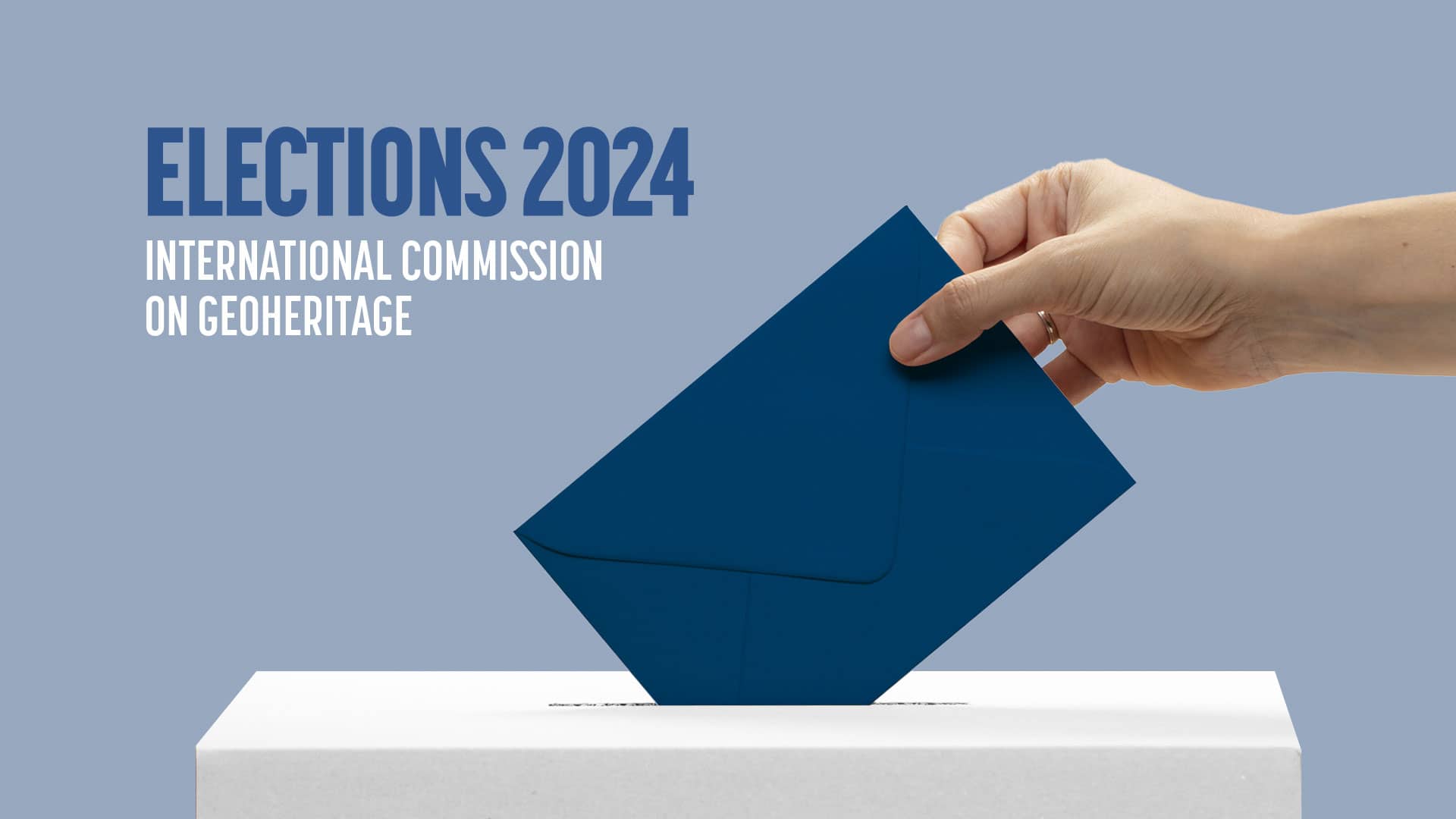This website uses cookies so that we can offer you the best possible user experience. Cookie information is stored in your browser and performs functions such as recognizing you when you return to our website or helping our team to understand which sections of the website you find most interesting and useful.
Privacy overview
Strictly necessary cookies
Strictly necessary cookies must always be activated so that we can save your cookie settings preferences.
If you deactivate this cookie, we will not be able to save your preferences. This means that every time you visit this website you will have to activate or deactivate cookies again.
Third party cookies
This website uses Google Analytics to collect anonymous information such as the number of visitors to the site, or the most popular pages.
Leaving this cookie active allows us to improve our website.
Please activate the strictly necessary cookies first so that we can save your preferences!
Cookies policy
More information about our cookie policy




